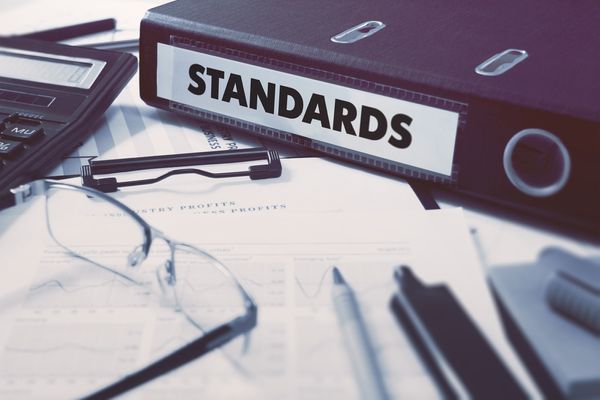Creating effective workplace policies
By Kelly Godfrey
Workplace policies can be essential, or highly desirable, for defending workplace litigation commenced by an employee or regulator. Workplace policies assist in outlining the expectations for conduct in the workplace and form a basis for disciplinary action when compliance fails. Policies also help employers prove they have taken reasonably practicable steps to comply with their statutory and contractual obligations.
The three most important types of policies to have in the workplace are:
- bullying, harassment and discrimination policies;
- workplace health and safety policy; and
- grievance and complaint-handling procedure.
State and federal legislation require that employers ensure the health, welfare and safety of workplace participants; and take all reasonably practicable steps to avoid discrimination, harassment and bullying in the workplace. These policies also require a complaints mechanism or procedure.
Workplace policies must:
- clearly and consistently set out the standards and compliance required across the business;
- provide discretion to the employer (as far as possible) to vary the application of the policy in particular circumstances;
- be reviewed on a regular basis and updated as required;
- be shared with, and communicated to, workplace participants, including any amendments;
- be supported by training and education in relation to the content of the policies and consequences of breaches – the training and education need to be refreshed on a regular basis;
- be accessible, so workplace participants have access to the latest versions of the policies; and
- have a complaints or grievance procedure so they can be dealt with efficiently and effectively.
Get the latest employment law news, legal updates, case law and practical advice from our experts sent straight to your inbox every week.

